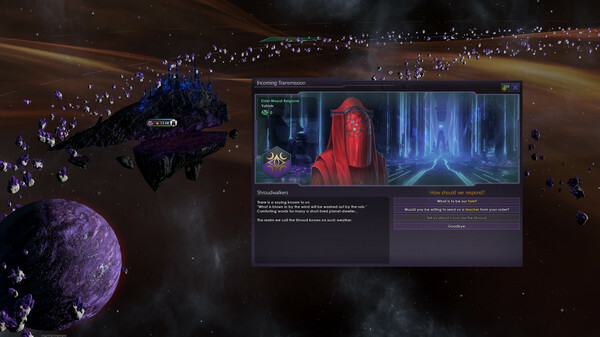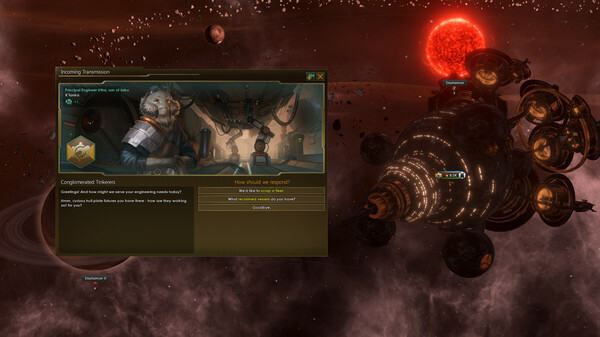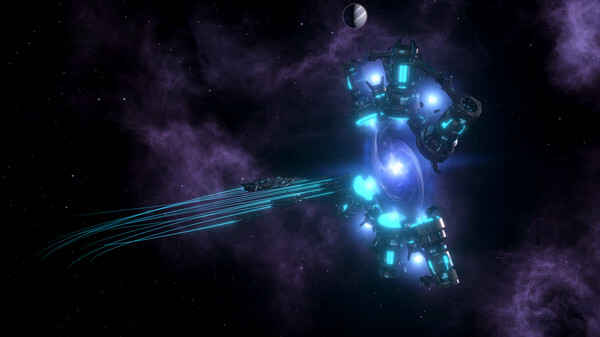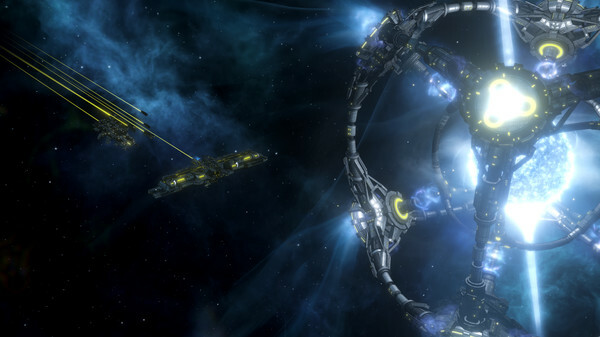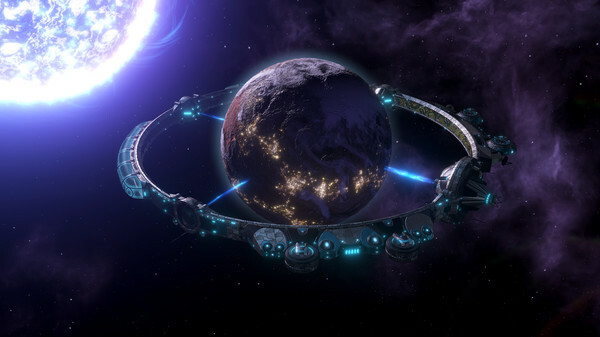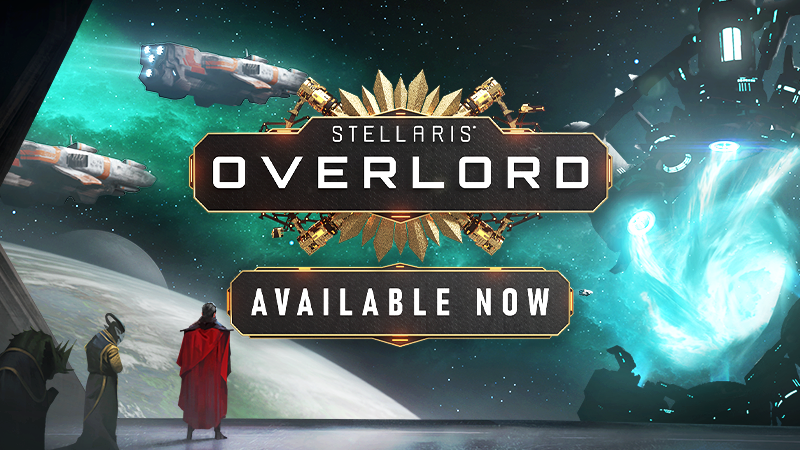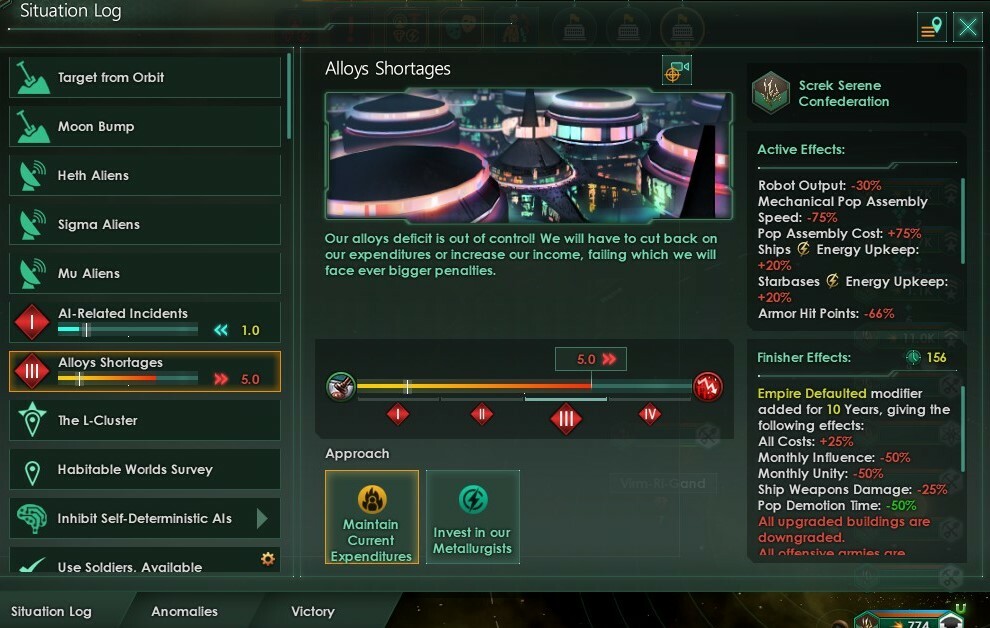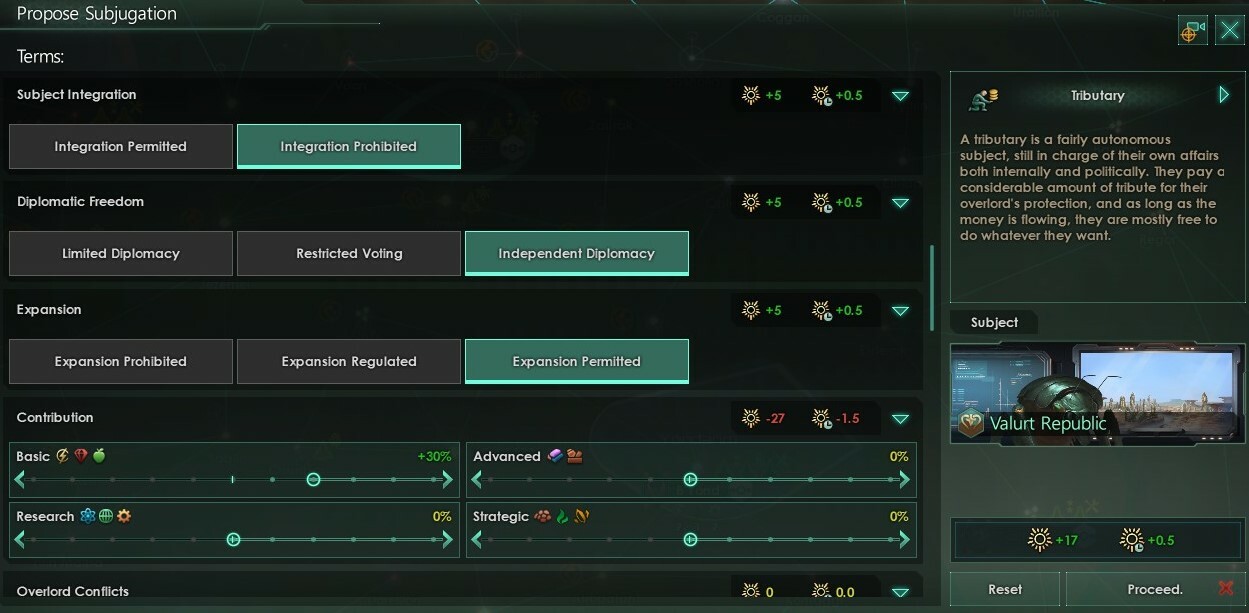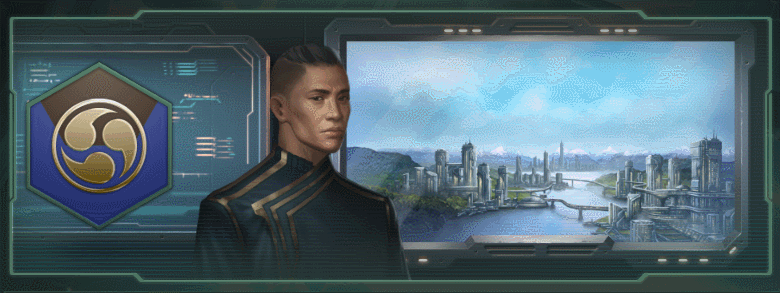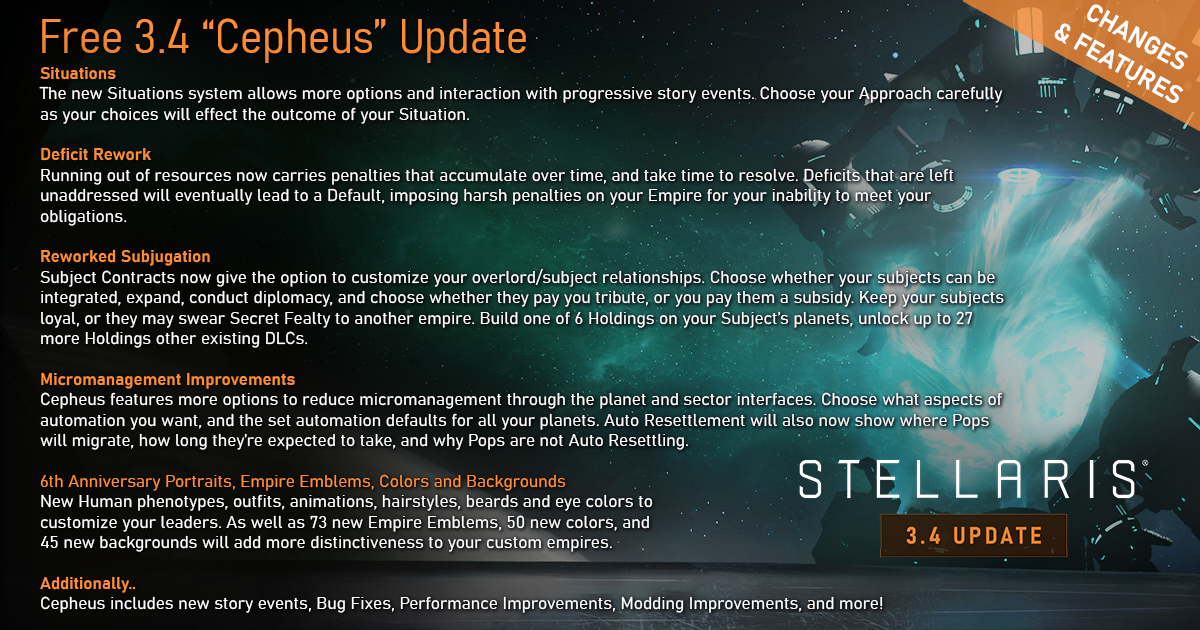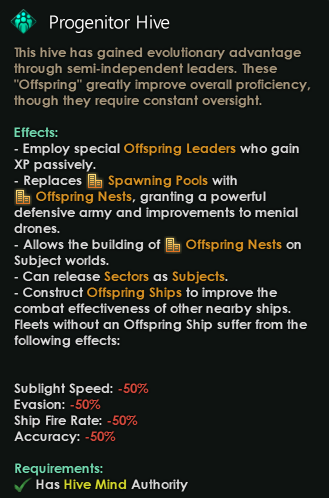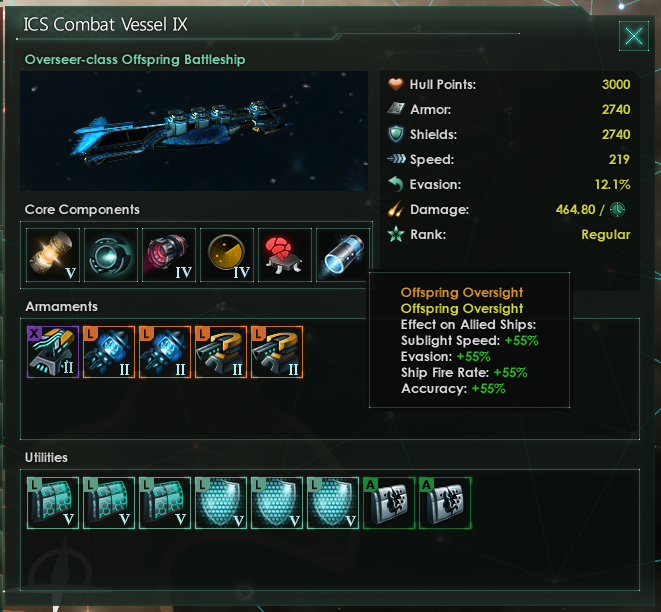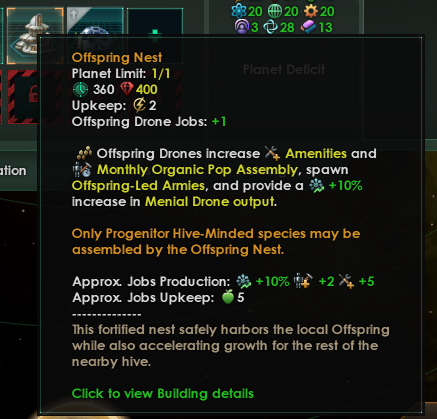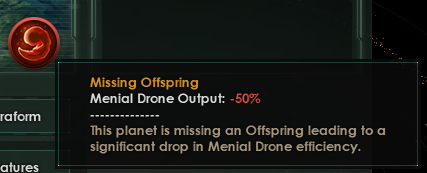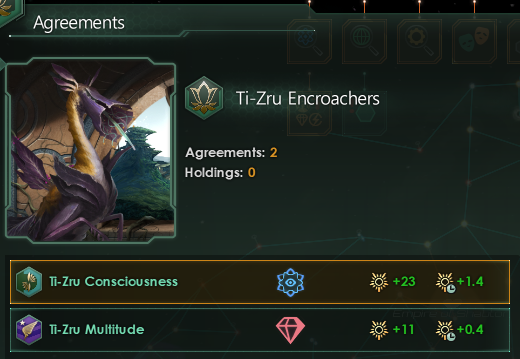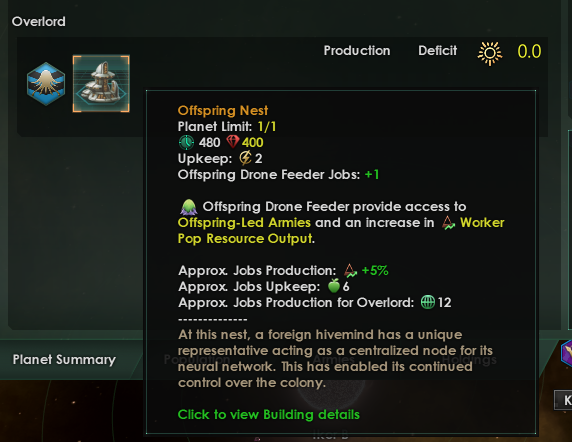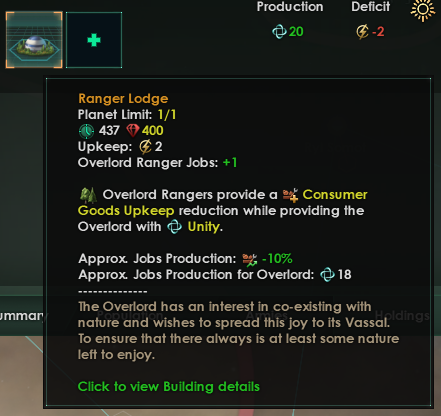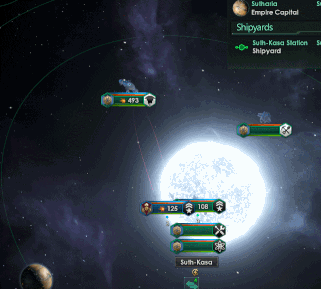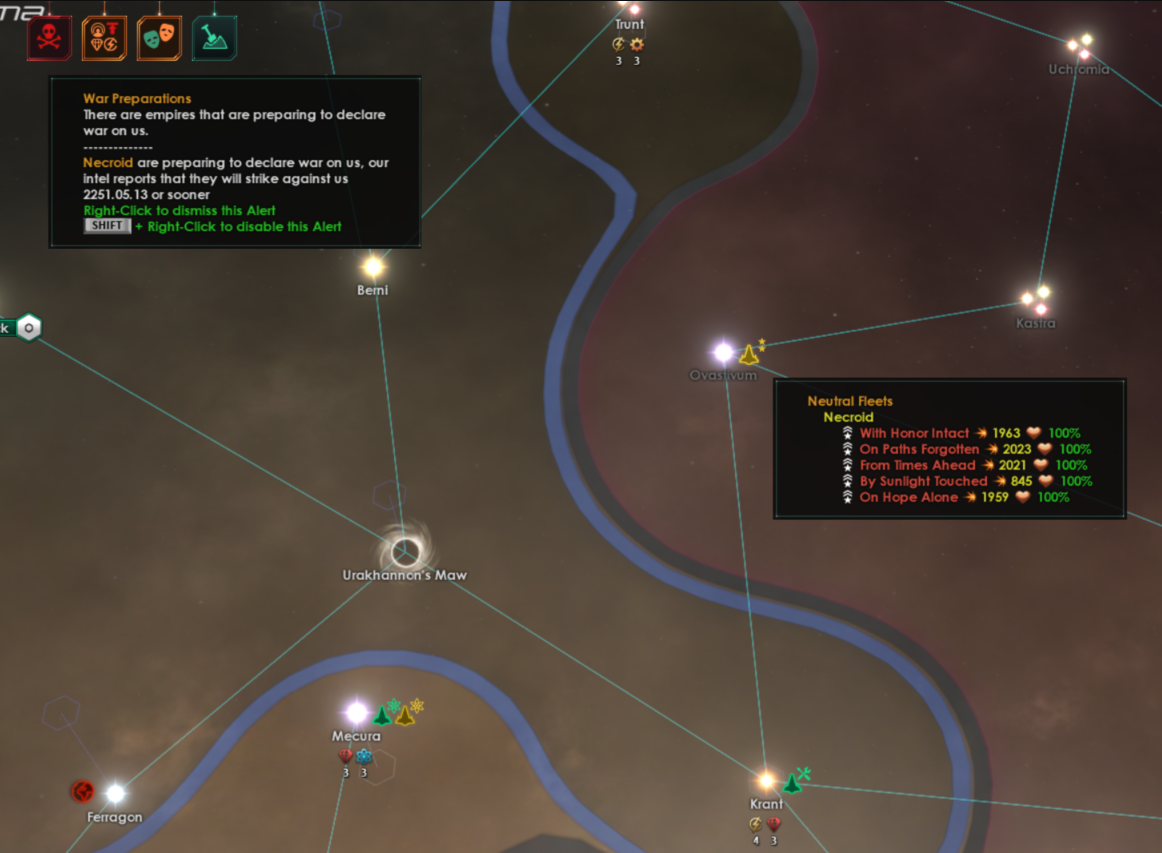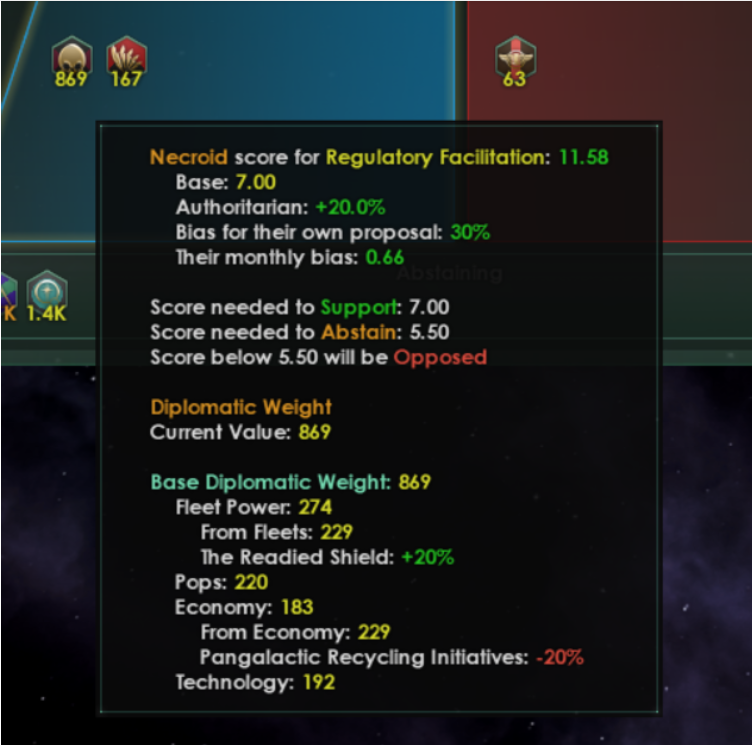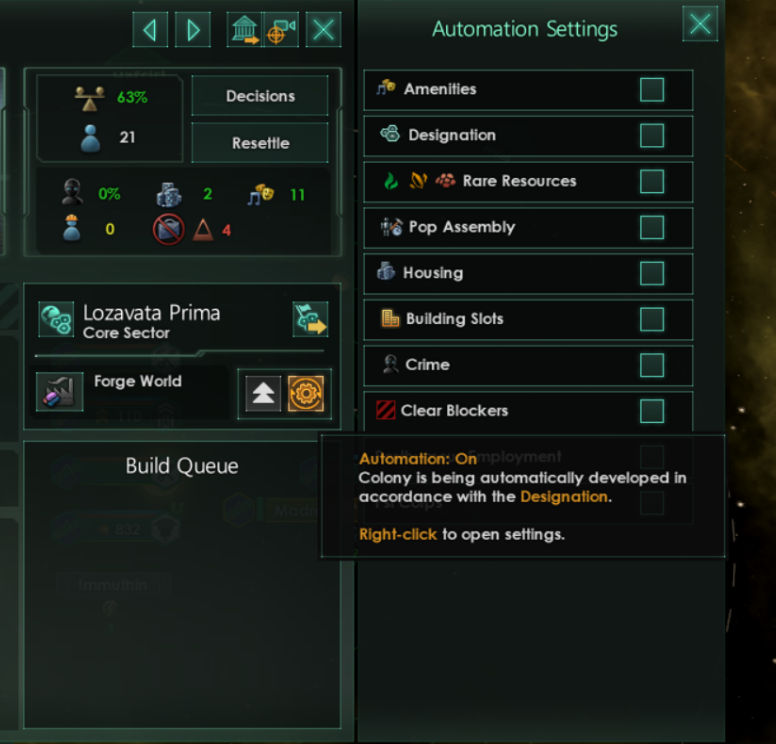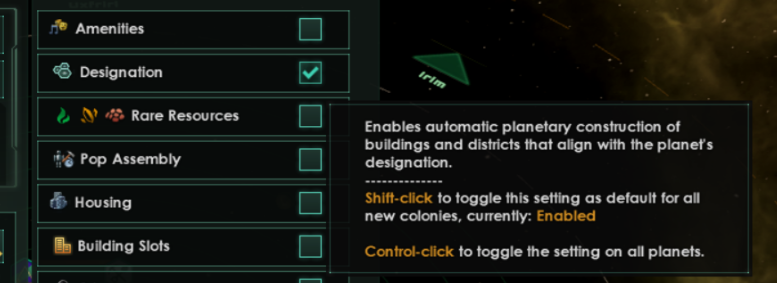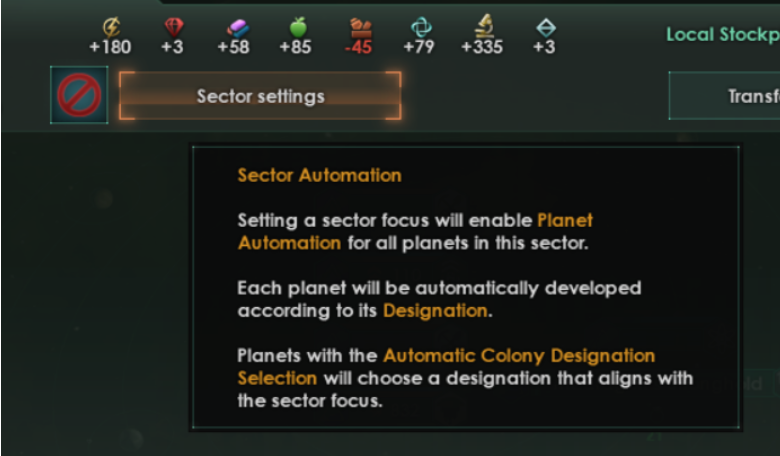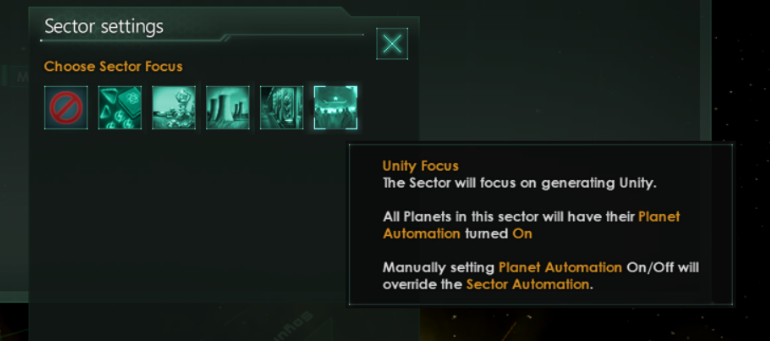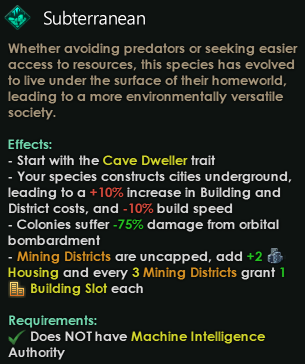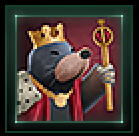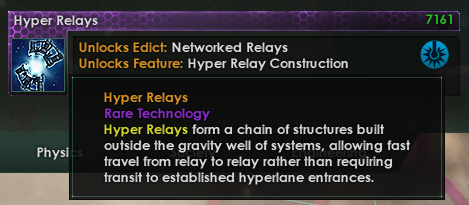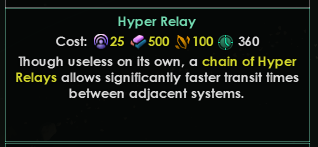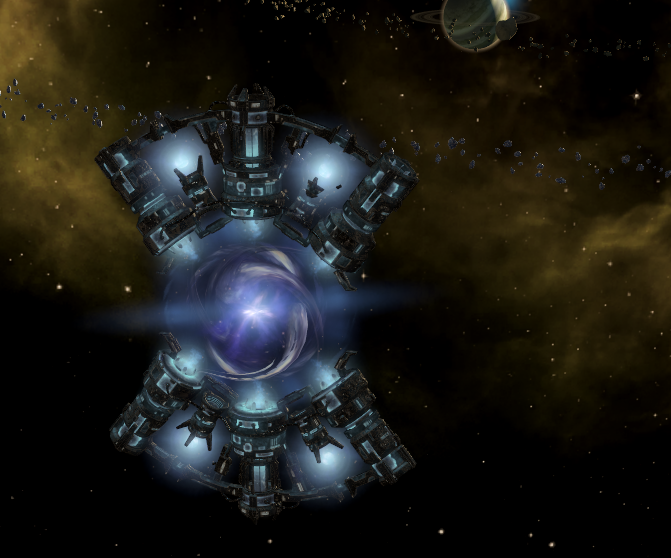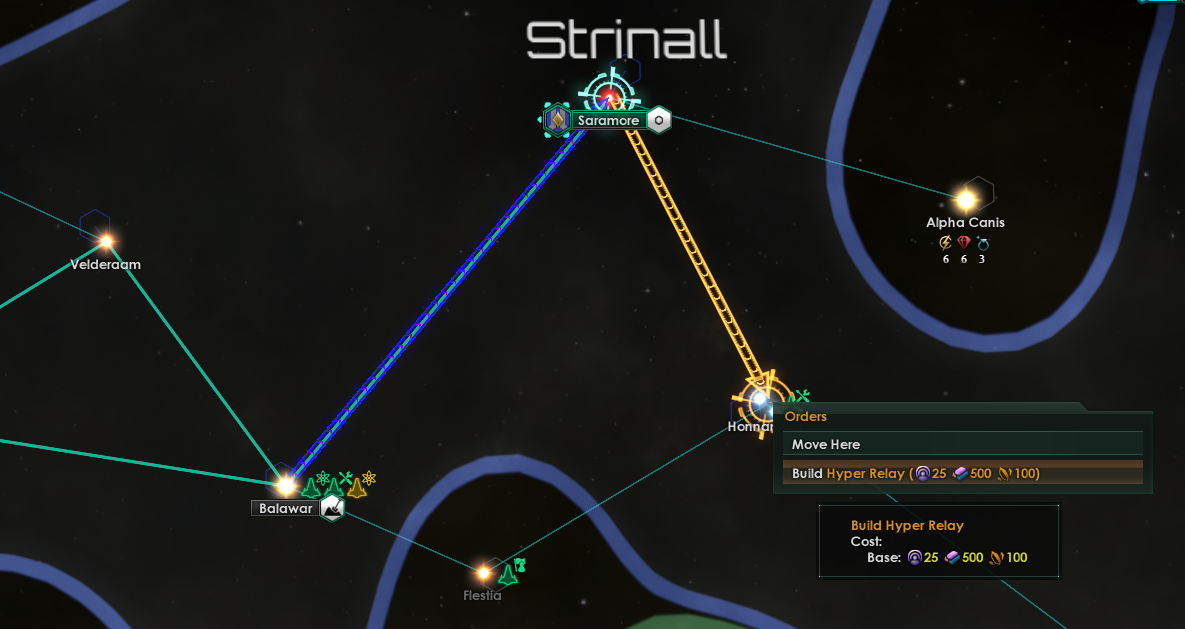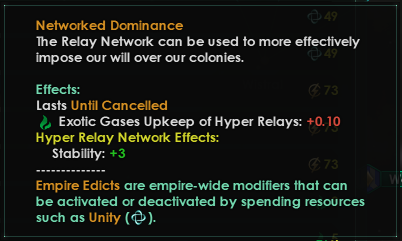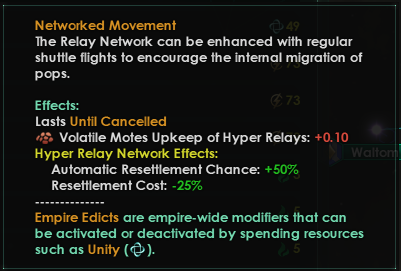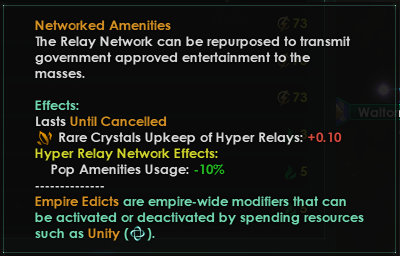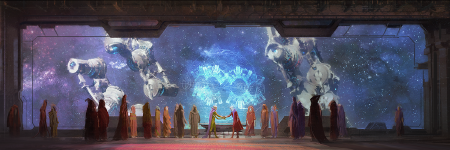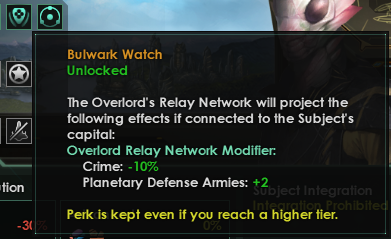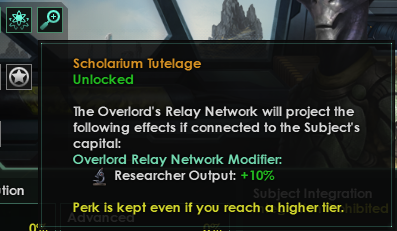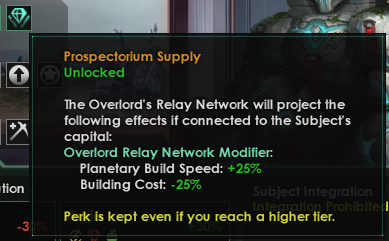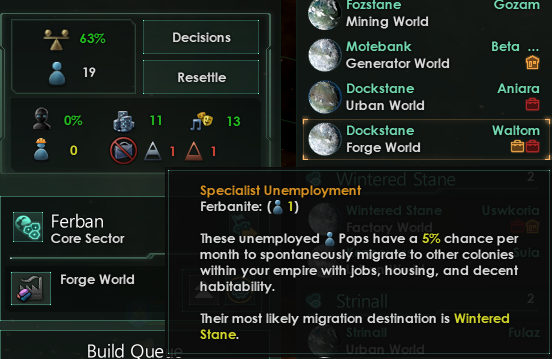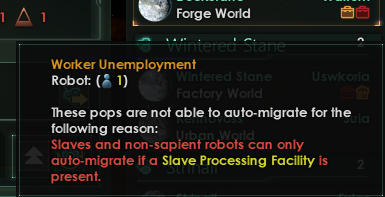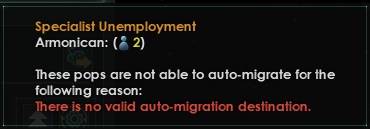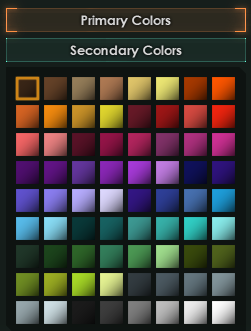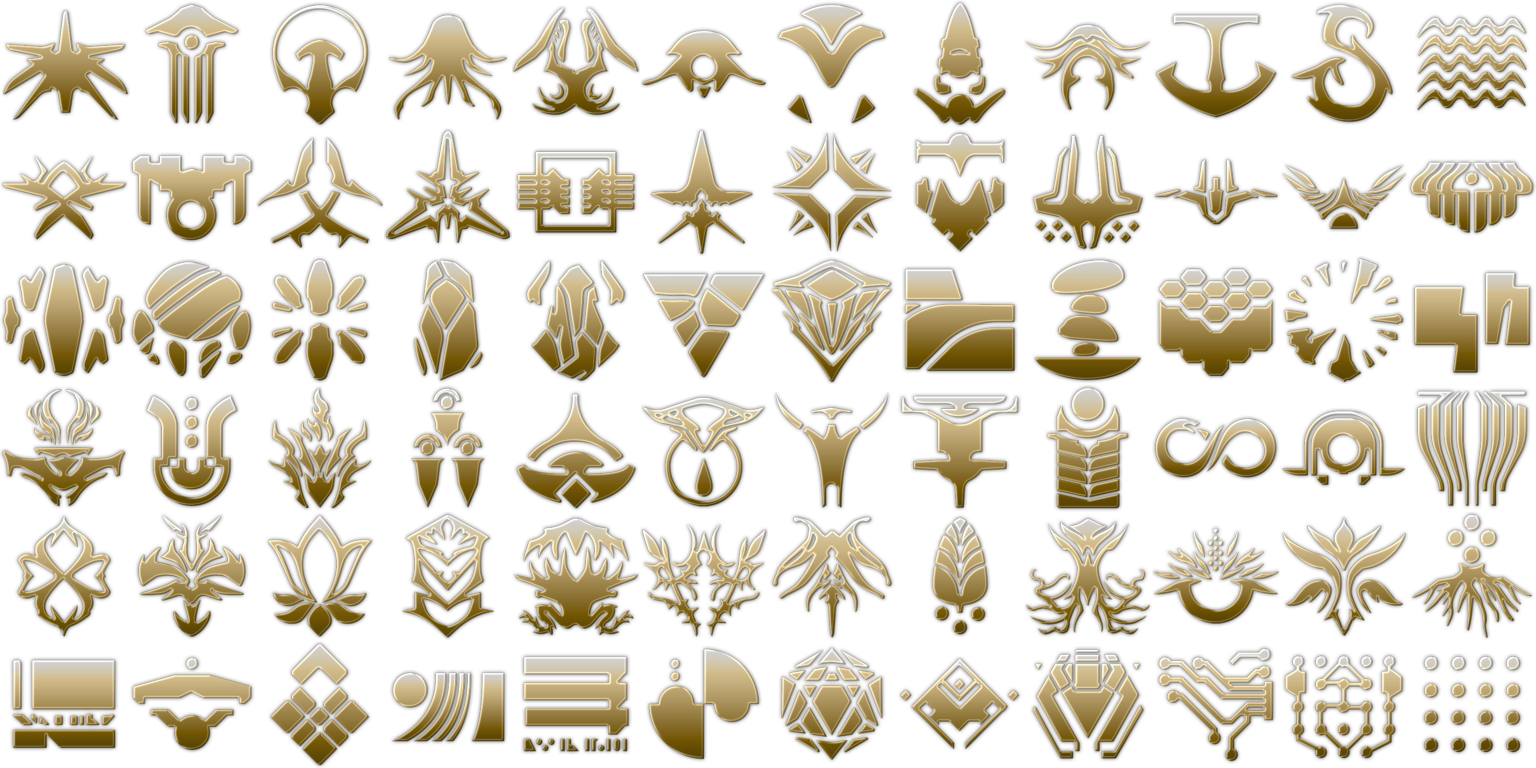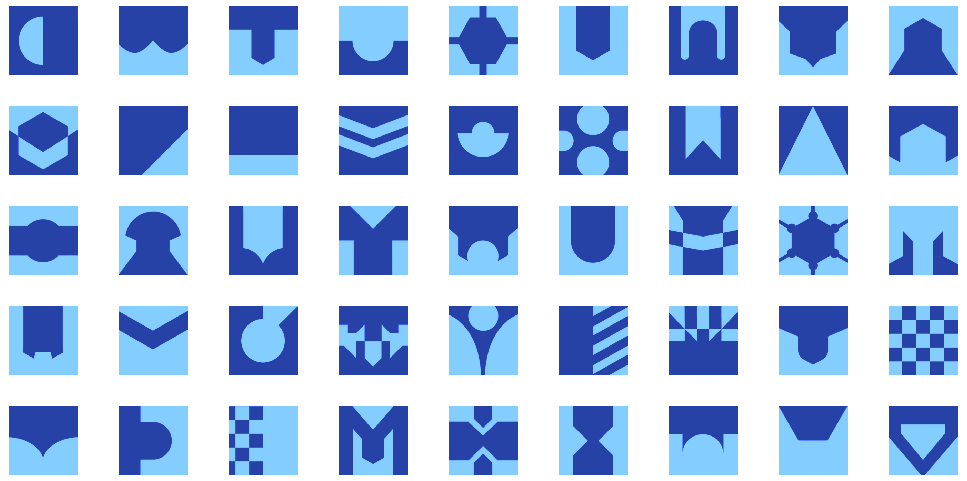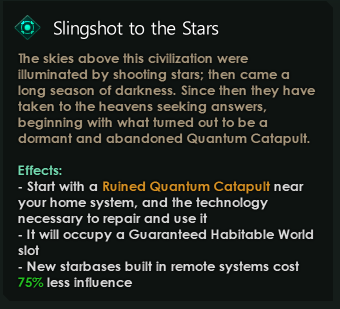
May 16, 2022
Stellaris - MrFreake_PDX

written by Eladrin
Hi all! Overlord's released!
Thanks for playing it and providing so much feedback.
As our AI programmer likes to say, "This is pretty good, but it can be even better!" and I want to talk about our short term plans on the Stellaris team.
We're planning a hotfix in the short term that addresses primary issues as quickly as we can, and a larger update with more fixes in a few weeks. (The larger update includes localization, I'll talk more about that one in this week's dev diary.)
A sneak peek of some of the things we're looking at for the hotfix include the following:
Stellaris 3.4.3 Partial Sneak Peek
[expand type=details]
- Tweaked AI acceptance of resource contribution terms, making them more likely to accept harsher tithes/subsidies.
- AI overlords and subjects will now be more likely to accept specialist subject types that disagree with their ethics.
- Rebalance trade weights for specialist subject leaders.
- Legacy Human portraits have been re-added as an option in empire creation.
- Fixed a bug with Tracking not countering Evasion properly.
- Subjects should no longer flip-flop between regular subject types and protectorate.
- Subjects should no longer be able to cause their Overlord to declare war against themselves.
- Fix for trade deals that are accepted and then canceled immediately.
- Fixed it being possible for a Revolt Situation to start and immediately cancel. (They will now only start if the planet is calculated to be currently capable of succeeding the revolt)
- Planets with Culture Shock can now only start a revolt situation after 8 years of unrest, rather than 1, as it could be quite hard to avoid a revolt on these planets.
- Cleaned up some unclear language in the tooltip for Revolt Situation progress (the one describing what you can do about it) (This only affects English localization until the next patch.)
- Diplomatic weight can no longer go negative.
- Fix a crash connected with resettling last pop of species.
- Fixed an issue where planet automation could not use resources from their local sector stockpile.
- Planet automation will now check that the unemployed pops can work the jobs that the automation would build, e.g. preventing specialist job creation for slave pops.
- Amenity job management can now activate even when there are no resources available for planet automation.
- Progenitor Nest is no longer removed when terraforming a planet into a hive-world.
- All resources provided for deficit bailouts now scale with the game year, instead of just those for the situation that completed.
- Adjusted the amount of research given by merc dividends.
This is not an exhaustive list of what will be in it, we've got a bunch of additional changes we're working on and investigating.
It's a pretty long list for a hotfix, and to be completely honest, that's my fault.
In our eagerness to get Overlord out to you in the best shape possible, I approved several changes and additions at the last minute that I really shouldn't have. Some of the threads have mentioned that we have some bugs in the launch version that weren't in the prerelease streams - that's completely accurate.
One example is a change that we made on code freeze day that changed how AI acceptance of tithes and subsidies worked in order to close an exploit that we identified - I should have let the exploit ship, known issued it, and given the change a proper QA and balance pass rather than rushing it in. I'll do so in the future.
Thank you for all the feedback, suggestions and bug reports. Please keep them coming.
We'll get this set of fixes (and more!) out to you as quickly as we reasonably can while minimizing the risk of introducing more problems, and will continue to work on making Overlord the best Stellaris expansion since Utopia.





